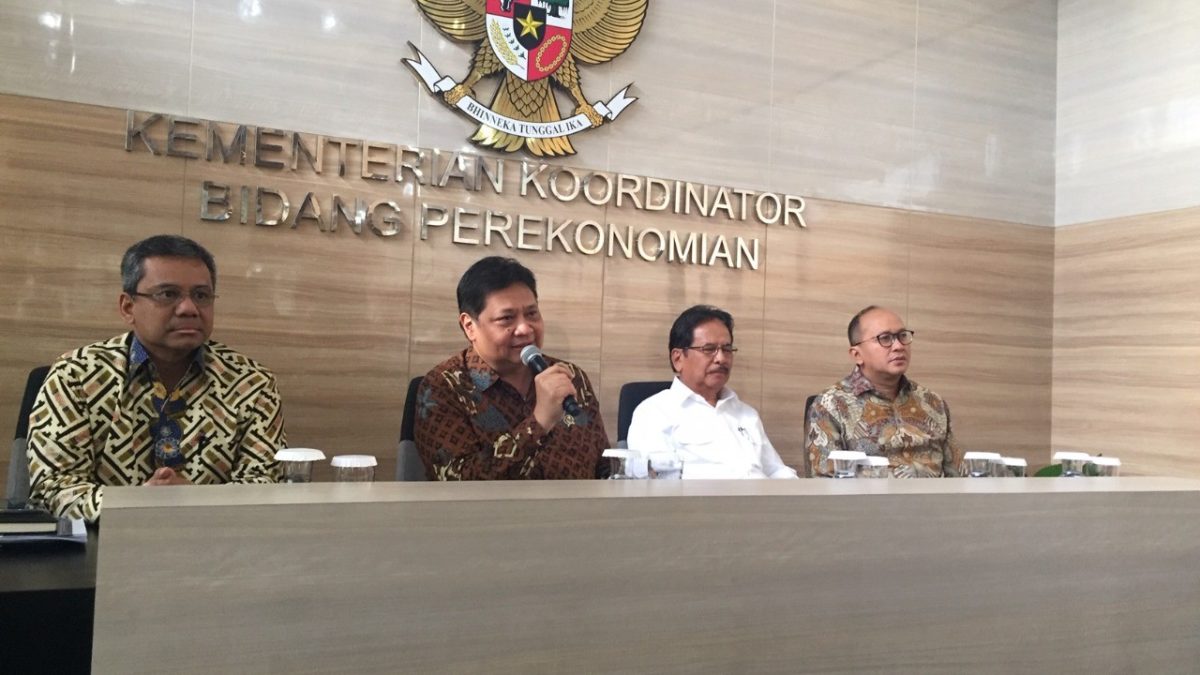Jakarta Post, December 16 2019
Most economists, including those of the World Bank and international banks, have predicted Indonesia will continue to be stuck in the 5-percent growth lane this year and 2020 amid worldwide policy uncertainty, subdued global growth and international trade tensions and protectionism.
Though a 5-percent expansion is still respectable and is the second-highest among the major emerging and developed economies, that growth level is way below Indonesia’s potential growth of 6 to 7 percent and is far from adequate to employ the 2.5 million new job seekers each year.
Worse, total domestic spending growth (private and government), the main growth driver over the past five years, also slowed substantially from 5.7 percent in the second quarter to 4.6 percent in the third quarter, according to the latest World Bank report on the Indonesian economy.
Given the heightened global economic risks, it is therefore most imperative now to harness domestic potential by boosting investment as the second locomotive of growth. The problem, though, is that investment has been hindered by bureaucratic and regulatory barriers.
Hence, the key and the strongest message from economists is for the government to go all-out in implementing bold bureaucratic and regulatory reforms and to open the domestic economy wider to foreign direct investment and in view of the complexity and the urgency of the problems, only omnibus laws, not piecemeal legislation, will enable the government to carry out bold and painful reforms. Fortunately the government has shown a sense of urgency.
President Joko “Jokowi” Widodo pronounced such bold legislation even before his inauguration in October for his second term. So can Jokowi deliver such sweeping reform? We do not doubt the President’s political courage to enforce painful reforms as he had reiterated that he would run as a “nothing-to-lose” president in terms of popularity.
Jokowi is right to focus on preparing omnibus bills on employment creation and taxation; interministerial meetings have lately been preoccupied with identifying contradictory and overlapping regional and central government laws and regulations that must be abolished.
Many analysts also see omnibus laws as the fastest breakthrough solution to the huge jungle of laws and regulations to enable a consistent, transparent and stable legal and regulatory framework. A well-defined institutional framework would be instrumental in developing and enforcing the legal and regulatory framework.
Even though the government and the House of Representatives lack experience regarding omnibus bills, Jokowi’s coalition government, with its majority of seats in the House, will be able to exercise strong political willpower to push through the legislation process.
Enacting the omnibus laws will be key to maintaining the reform momentum and will determine whether foreign investment in particular will be reinvigorated. Without a significant increase in such investment, the country will never be able to fully harness its economic potential.

